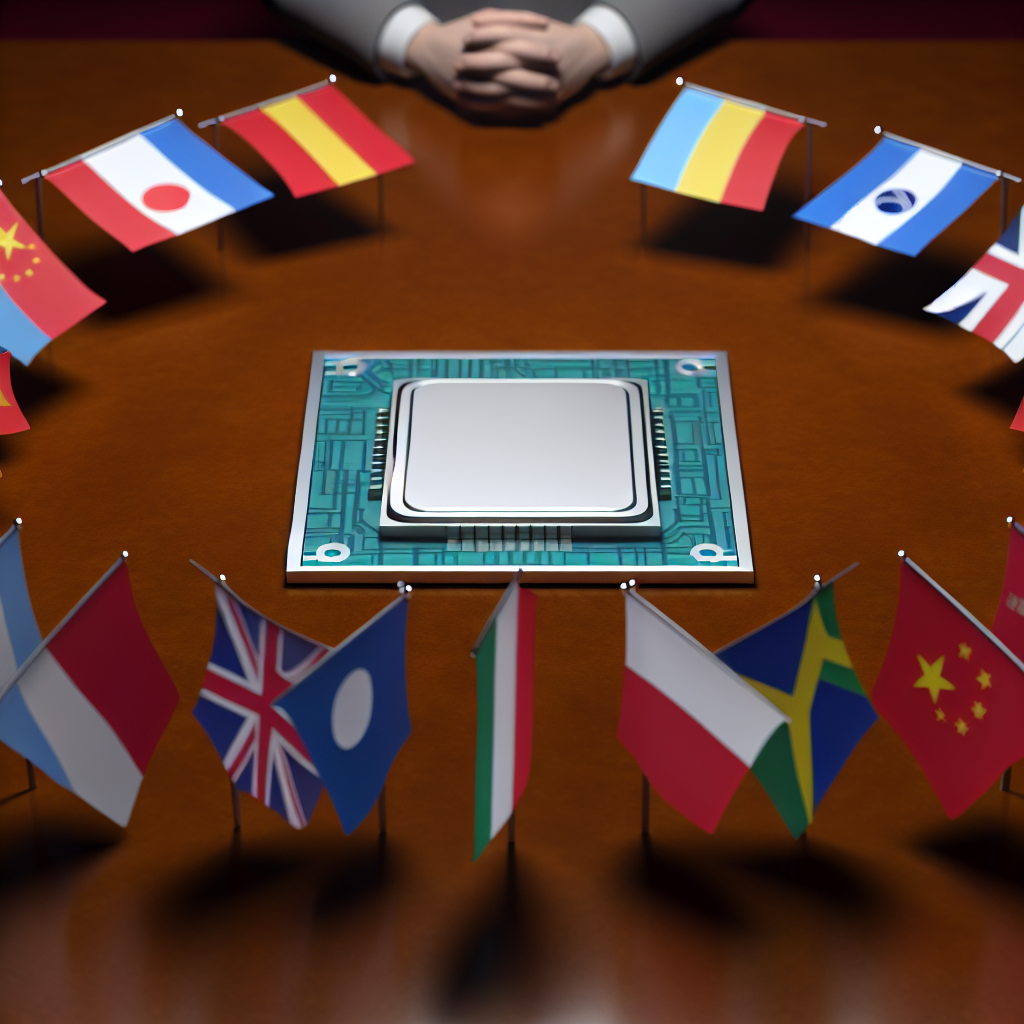
In a groundbreaking move at the World Artificial Intelligence Conference 2024 in Shanghai, China’s Premier Li Qiang proposed the creation of a global AI cooperation organization. This initiative aims to foster international collaboration on AI governance, addressing risks and ensuring equitable benefits. The article delves into the details of this proposal, its implications, and the broader context of global AI development, highlighting China’s role in shaping the future of artificial intelligence.
The Proposal by Premier Li Qiang
During his keynote speech at the WAIC 2024, Premier Li Qiang emphasized the urgent need for a dedicated international body to oversee AI cooperation. He argued that AI’s rapid advancement poses both opportunities and challenges, including ethical dilemmas, data privacy concerns, and potential misuse in areas like deepfakes and autonomous weapons. Li proposed this organization to establish unified standards, promote technology sharing, and mitigate risks through collective efforts.
China’s initiative stems from its position as a leader in AI innovation, with investments exceeding $20 billion in 2023 alone. By advocating for global cooperation, Li seeks to position China as a key player in AI governance, countering Western-dominated frameworks like those from the EU’s AI Act or the US’s executive orders. The proposal includes mechanisms for joint research, ethical guidelines, and inclusive participation from developing nations, ensuring AI benefits are not monopolized by a few powers.
This move aligns with China’s broader strategy, as outlined in its 2017 New Generation AI Development Plan, which targets AI leadership by 2030. Li’s call underscores the importance of balancing innovation with safety, drawing parallels to international bodies like the IAEA for nuclear energy.
Implications and Global Response
The proposed organization could transform global AI landscape by creating a platform for dialogue among nations, tech giants, and experts. It might facilitate agreements on critical issues like AI safety protocols and cross-border data flows, potentially reducing geopolitical tensions. For instance, it could address the US-China tech rivalry by promoting transparency in AI development, fostering trust and collaborative projects.
Responses have been mixed: supporters praise it as a step toward inclusive governance, while skeptics worry about China’s influence potentially prioritizing state control over individual rights. Experts like those from the Brookings Institution note that such an organization could complement existing forums like the UN’s AI advisory body, enhancing multilateral efforts.
Economically, it promises to boost AI adoption in emerging markets through knowledge transfer, potentially adding trillions to global GDP as per McKinsey estimates. However, success hinges on broad participation and enforceable standards to avoid becoming another bureaucratic entity.
In conclusion, Premier Li Qiang’s proposal for a global AI cooperation organization represents a pivotal call for unified action in an era of rapid technological change. By summarizing the need for shared governance, ethical standards, and inclusive benefits, it urges nations to collaborate on AI’s future. Readers are encouraged to engage in this dialogue, supporting initiatives that ensure AI serves humanity equitably and safely, paving the way for a more cooperative global order.